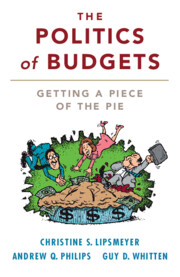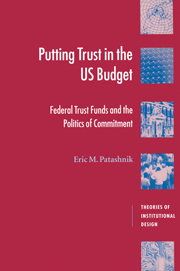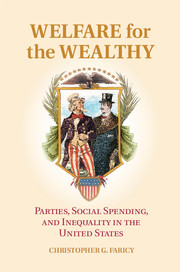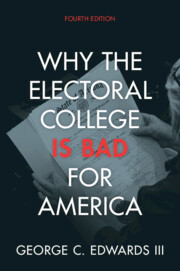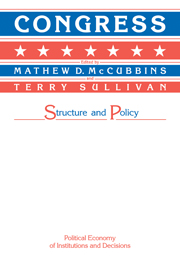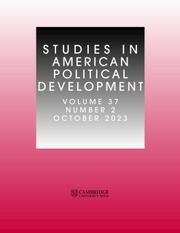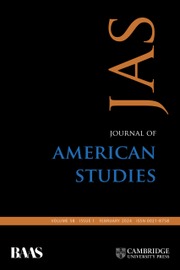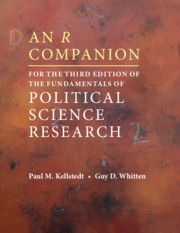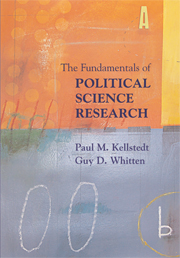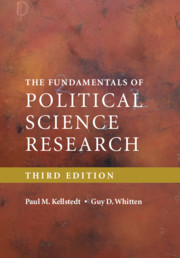The Politics of Budgets
While governments prefer to alter budgets to fit their ideological stances, the domestic and international contexts can facilitate or constrain behavior. The Politics of Budgets demonstrates when governments do and do not make preferred budgetary changes. It argues for an interconnected view of budgets and explores both the reallocation of expenditures across policy areas and the interplay among budgetary components. While previous scholars have investigated how politics and economics shape a single budgetary category, or collective categories, this methodologically rich study analyzes data for thirty-three countries across thirty-five years to provide a more comprehensive theoretical approach: a 'holistic' framework about the competition and contexts around the budgetary process and an of examination of how and when these factors affect the budgetary decision-making processes.
- Considers how various contexts influence governments budgetary decisions, putting forth a more realistic theoretical argument of political budgeting
- Uses cutting-edge quantitative methods and graphs to test theories and present results
- Provides a new theoretical model of political budgeting that explicitly accounts for the interlinked nature of expenditures, revenues, deficits, and volatility and the compositional nature of expenditures
Reviews & endorsements
‘an indispensable source of inspiration for new research agendas. … Highly recommended.’ J. E. Herbel, Choice
Product details
March 2023Paperback
9781316631287
300 pages
227 × 153 × 19 mm
0.49kg
Available
Table of Contents
- 1. Introduction
- 2. A Theory of Budgets
- 3. Political Competition and the Expenditure Pie
- 4. The Effects of Elections, Economics and International Shocks on the Expenditure Pie
- 5. Four Sides of the Budgetary Ledger
- 6. The Effects of Elections, Economics and External Shocks on the Budgetary Ledger
- 7. Conclusion: The Budgetary Mix.

